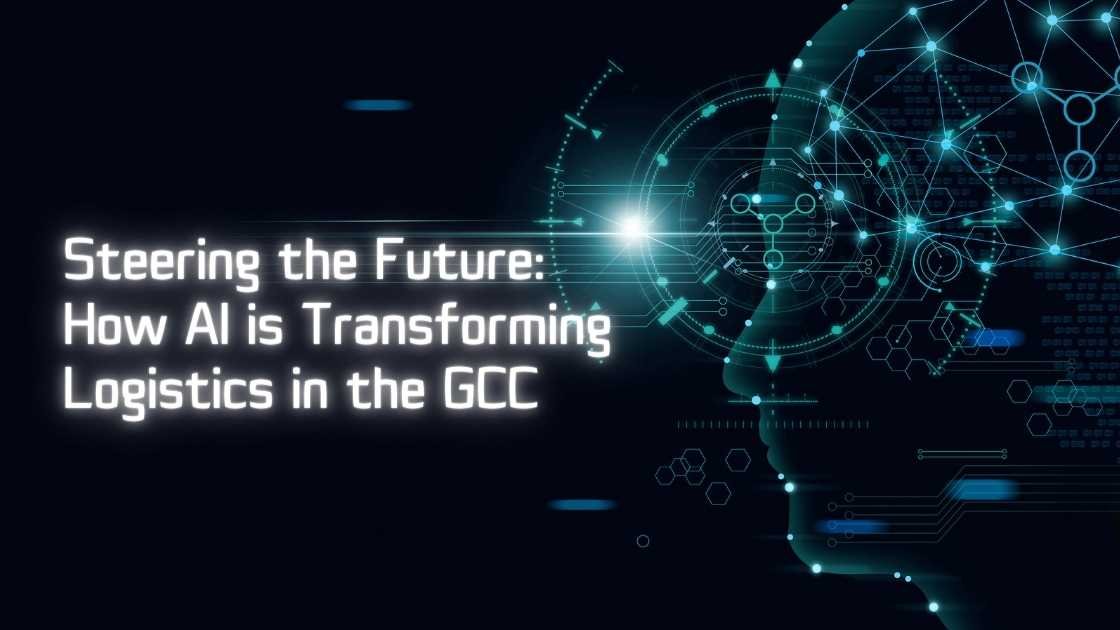In the modern world, Artificial Intelligence (AI) is a game changer in numerous industries, and logistics is no exception. In the Gulf Cooperation Council (GCC) region, known for its rapid economic growth and technological advancements, AI is poised to revolutionize the logistics sector. This transformation is not just about automation; it’s about enabling smarter, faster, and more efficient supply chain management.
AI-Driven Innovations in the GCC Logistics
The implementation of AI in the GCC logistics industry is multifaceted. Predictive analytics is one of the most significant advancements. By analyzing data patterns, logistics companies can anticipate delays, optimize routes, and reduce operational costs. Autonomous vehicles and drones are also on the horizon, promising to transform last-mile deliveries. In the GCC, where the terrain and climate can be challenging, these technologies offer a significant advantage.
Smart warehousing is another area where AI is making a substantial impact. Through robotics and automation, warehouses in the GCC are becoming more efficient and error-free. This transformation is crucial for countries like Saudi Arabia and the UAE, which are emerging as logistics hubs for the region.
Case Studies: AI Success Stories in GCC Logistics
Several success stories in the GCC highlight the benefits of AI in logistics. For instance, Dubai’s implementation of AI in its ports has significantly increased efficiency and reduced operational costs. Similarly, Saudi Arabia’s use of AI for predictive maintenance in transportation networks has enhanced the reliability of its logistics infrastructure.
Wahyd Logistics, a prominent player in the region, is a testament to the successful integration of AI in logistics. By leveraging AI tools for route optimization and real-time tracking, Wahyd has improved delivery times and customer satisfaction. Their innovative approach exemplifies how AI can transform traditional logistics operations.
Challenges and Future Outlook
Despite the clear benefits, the adoption of AI in the GCC logistics sector faces challenges. The high cost of implementation, the need for skilled personnel, and concerns about data security are significant hurdles. However, the future outlook remains optimistic. As the region becomes more receptive to technological innovations, AI is expected to become more accessible and cost-effective.
The potential for AI in GCC logistics is immense. With continued investment and innovation, AI could lead to more sustainable and efficient logistics operations, significantly contributing to the economic growth of the region.
Conclusion
The integration of AI in logistics represents a pivotal moment for the GCC. As companies like Wahyd Logistics continue to pioneer AI-driven solutions, the entire supply chain stands to benefit. From predictive analytics to smart warehousing, AI is not just a futuristic concept but a present-day reality shaping the logistics industry in the GCC, promising a more efficient, reliable, and innovative future.















